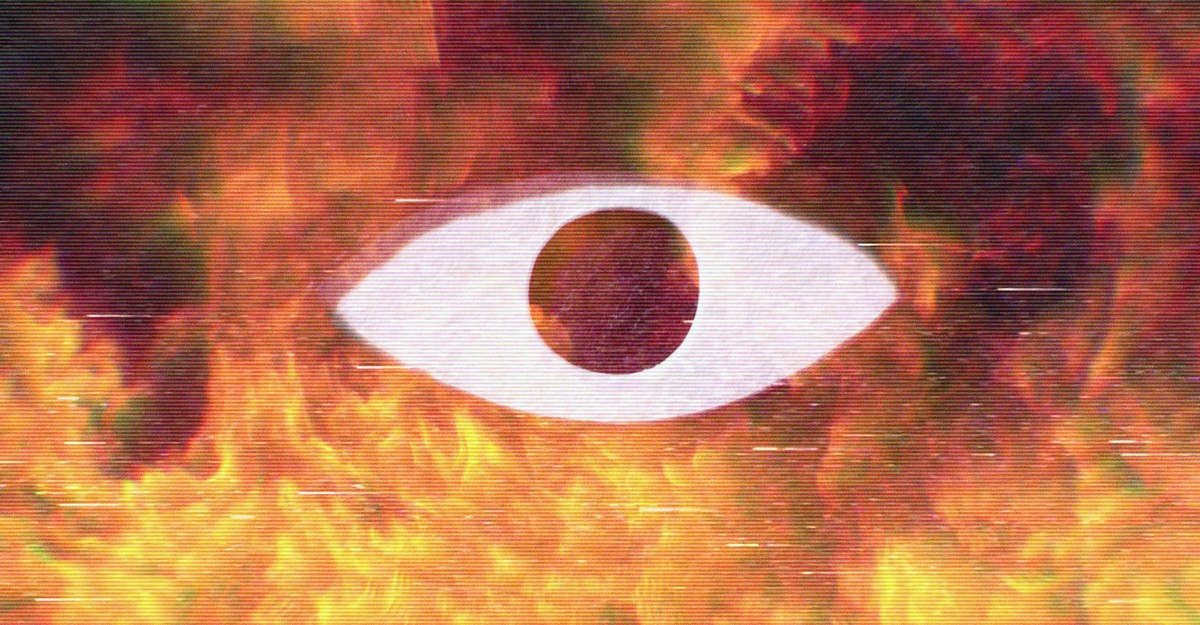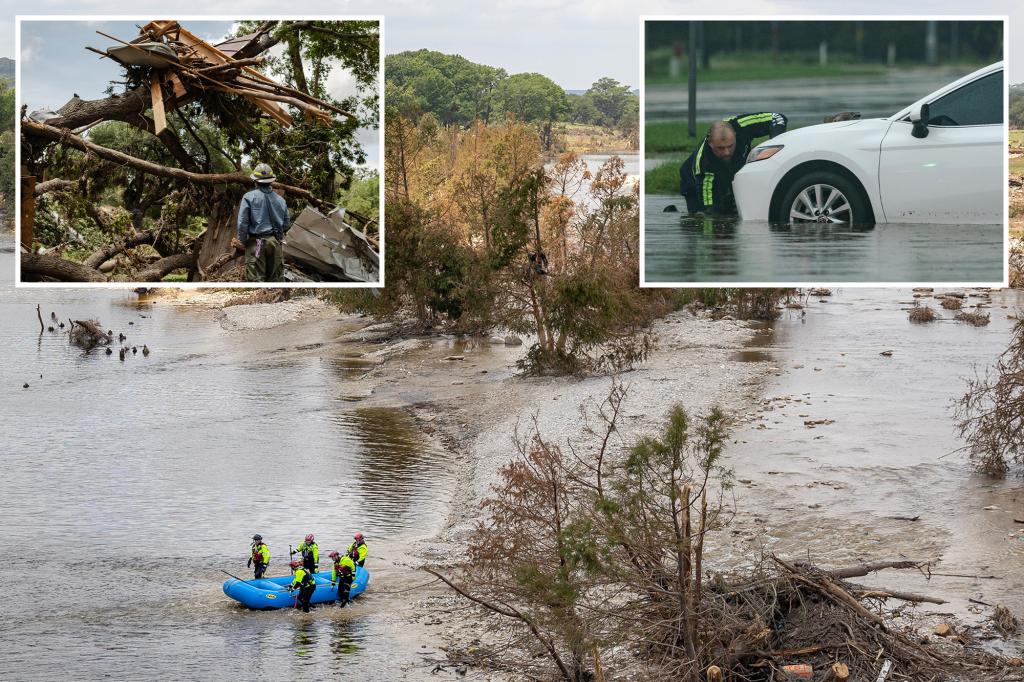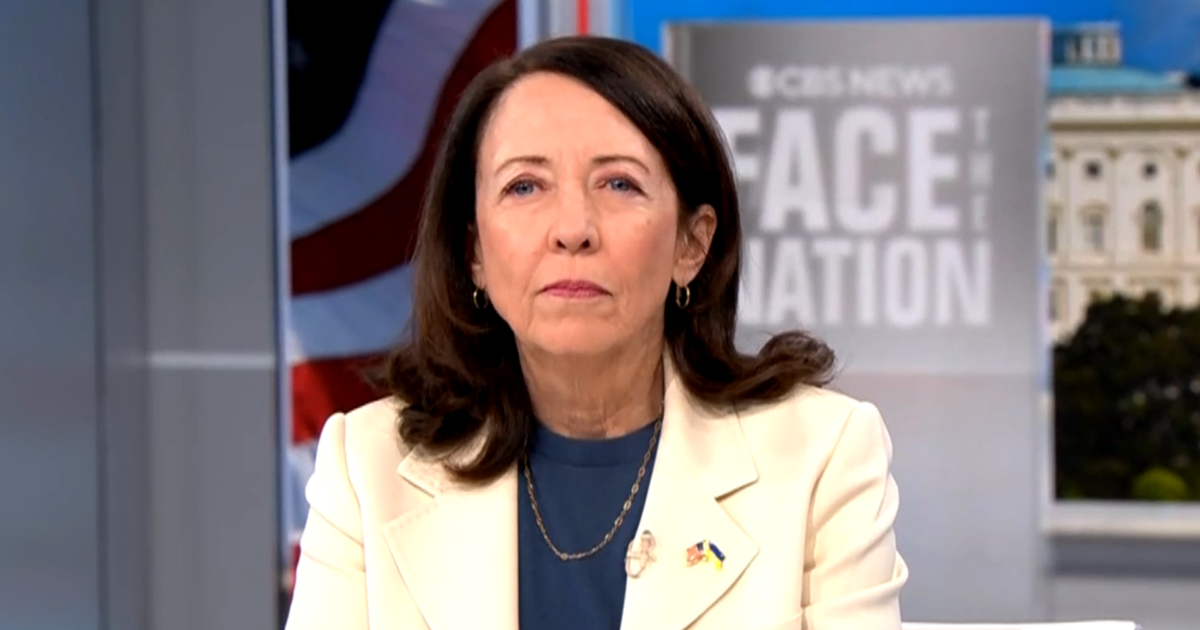Unraveling the Truth: Is Ukraine the Scapegoat for Los Angeles Wildfires?
As Los Angeles faces the ravaging effects of wildfires, a curious narrative has emerged, suggesting that Ukraine plays a significant role in the devastation. This article seeks to investigate the complexities surrounding these accusations, examining the multifaceted factors contributing to wildfires while addressing the intriguing question: Is Ukraine truly being scapegoated for the calamities in Los Angeles?
The Context of Wildfires in Los Angeles
Wildfires are a persistent threat in California, with the state’s dry climate, seasonal winds, and dense vegetation creating a volatile environment. The summer of 2023 has seen particularly aggressive wildfires, leading to extensive property damage, evacuations, and loss of life. The reasons behind these wildfires are typically rooted in climate change, forest management practices, and human activities.
According to the California Department of Forestry and Fire Protection (Cal Fire), more than 9,000 wildfires have burned approximately 1.5 million acres in California this year alone. These statistics highlight the urgency of addressing the root causes of wildfires rather than assigning blame to external entities without credible evidence.
The Emergence of Ukraine as a Scapegoat
In recent months, particularly during the height of the wildfires, some narratives have emerged online, implicating Ukraine in the wildfire crisis. This phenomenon has roots in the broader geopolitical tensions that have arisen due to the ongoing conflict between Ukraine and Russia.
Proponents of this narrative suggest that Ukrainian forces are somehow responsible for arson or sabotage, leading to the wildfires in Los Angeles. However, such claims lack credible evidence and often stem from misinformation spread across social media platforms. It is crucial to recognize that scapegoating is a common reaction during crises, as individuals and communities seek to externalize blame rather than confront uncomfortable truths.
Analyzing the Real Factors Behind Wildfires
To understand the wildfires in Los Angeles, it’s essential to consider various contributing factors:
- Climate Change: The increasing temperatures and erratic weather patterns linked to climate change have exacerbated wildfire risks. Drier conditions lead to more flammable vegetation, creating a tinderbox effect.
- Forest Management Practices: Poor forest management, including the accumulation of dead vegetation and inadequate controlled burns, has contributed to the intensity and spread of wildfires.
- Human Activity: Many wildfires are ignited by human actions, whether through accidental fires, discarded cigarettes, or intentional arson. In fact, a significant percentage of wildfires can be traced back to human negligence.
- Infrastructure Development: As urban areas expand into wildland areas, the risk of wildfires increases. More homes near forested areas mean greater potential for devastating fires.
The Role of Misinformation
The rise of misinformation has played a significant role in shaping public perception of the wildfires and potential scapegoats. Social media platforms often amplify unverified claims, leading to the spread of conspiracy theories. The narrative linking Ukraine to Los Angeles wildfires is a prime example of how misinformation can take root in the public consciousness.
Fact-checking organizations have debunked various claims regarding Ukraine’s involvement, emphasizing the importance of relying on credible sources for information. In an age of rapid information dissemination, it is essential to approach claims with skepticism and seek verified facts.
The Psychological Aspect of Scapegoating
Scapegoating is a psychological defense mechanism that allows individuals to externalize blame during crises. In the context of the Los Angeles wildfires, blaming Ukraine may provide a simplistic explanation for a complex problem. This tendency can be traced back to historical patterns in human behavior, especially during times of crisis or upheaval.
Psychologists argue that scapegoating serves to alleviate anxiety and frustration. By focusing blame on an external entity, individuals can avoid confronting the more nuanced reality of climate change, policy failures, and community infrastructure challenges. This psychological phenomenon can have real-world consequences, leading to discrimination and hostility toward innocent parties.
What Can Be Done to Address Wildfires?
Addressing the wildfire crisis in Los Angeles—and California as a whole—requires a multi-faceted approach that encompasses climate action, improved forest management, and community resilience strategies. Here are some actionable steps:
- Invest in Climate Resilience: Communities must invest in infrastructure that can withstand wildfires, including firebreaks, fire-resistant building materials, and improved water access for firefighting efforts.
- Enhance Forest Management: Implementing controlled burns and reducing fuel loads in forests can help mitigate the severity of wildfires. Collaboration between government agencies, environmental organizations, and local communities is vital.
- Raise Awareness: Public education campaigns can help inform residents about wildfire risks and promote responsible behaviors, such as safe outdoor practices and early preparedness measures.
- Support Policy Change: Advocating for policies that address climate change and promote sustainable land management practices is essential for long-term solutions to the wildfire crisis.
Conclusion: Moving Beyond Scapegoating
The situation in Los Angeles serves as a stark reminder of the complexities surrounding wildfires and the dangers of scapegoating. While the narrative linking Ukraine to the wildfires may provide a convenient explanation, it ultimately distracts from the real issues at hand. By focusing on actionable solutions and fostering a deeper understanding of the factors contributing to wildfires, communities can better prepare for the future.
In conclusion, as we navigate the challenges posed by wildfires, it is crucial to engage in informed discussions, combat misinformation, and work collaboratively toward sustainable solutions. Only through understanding the real causes can we hope to mitigate the impacts of wildfires and protect our communities.
See more Your Daily Weather



